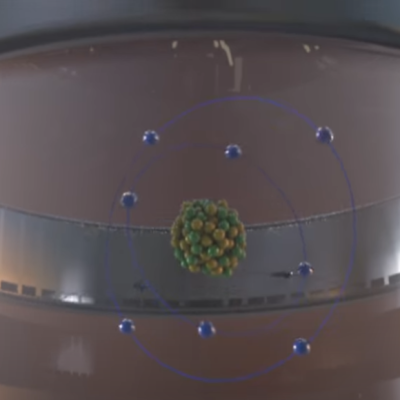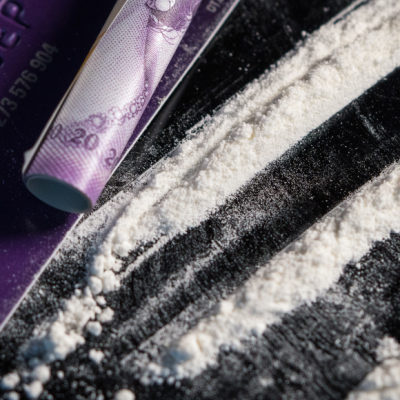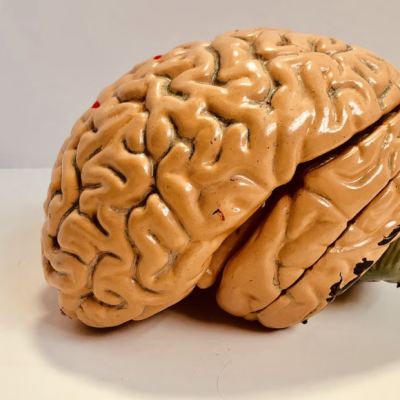Science Shop
Advertisement
World’s Strongest Ion Cannon Activated
- By Geert Devenster
- . February 4, 2022
A new heavy ion accelerator is set to produce a large portion of all isotopes found in the universe, most of which do not exist

Suitcase turns saltwater into drinking water
- By Geert Devenster
- . February 4, 2022
In a breakthrough development, scientists at the Massachusetts Institute of Technology (MIT) have created a compact device that can turn saltwater into drinking water without

Diamonds as Quantum Computer Memory
- By Geert Devenster
- . February 4, 2022
A new breakthrough in diamond production has been achieved, with researchers at Saga University and Adamant Namiki Precision Jewel Company developing a method to create

Intelligence Declines After Age 35
- By Geert Devenster
- . February 2, 2022
A recent study conducted by an international team of scientists has found that human intelligence continues to increase until the age of 35, after which

Oil and Gas Heating Ban in Germany by 2035
- By Geert Devenster
- . February 2, 2022
A new study conducted by the Wuppertal Institute on behalf of Greenpeace has found that all buildings in Germany can be heated using renewable energy

Tonga volcano’s impact weaker than expected.
- By Geert Devenster
- . February 2, 2022
A new study by Chinese scientists has revealed that the cooling effect of the Tonga volcanic eruption on the global climate has been overestimated. The

Hydrogel Solar Cells Generate Power and Water in the Desert
- By Geert Devenster
- . February 2, 2022
A new hydrogel has been developed that allows for the production of electricity and water in the desert through solar panels. In many desert regions,

Natural brake prevents cocaine addiction
- By Geert Devenster
- . February 1, 2022
New research has found that the interaction between the stimulating neurotransmitters dopamine and serotonin in the brain can determine whether or not a person develops

Criminal Minds: Smaller Brains
- By Geert Devenster
- . February 1, 2022
A recent study conducted by scientists at the University College London (UCL) has found that individuals who exhibit chronic antisocial behavior, such as theft, as

First lockdown failed to prevent deaths.
- By Geert Devenster
- . February 1, 2022
A recent metastudy conducted by scientists at Johns Hopkins University has found that hard lockdowns and restrictions on movement during the first wave of the









